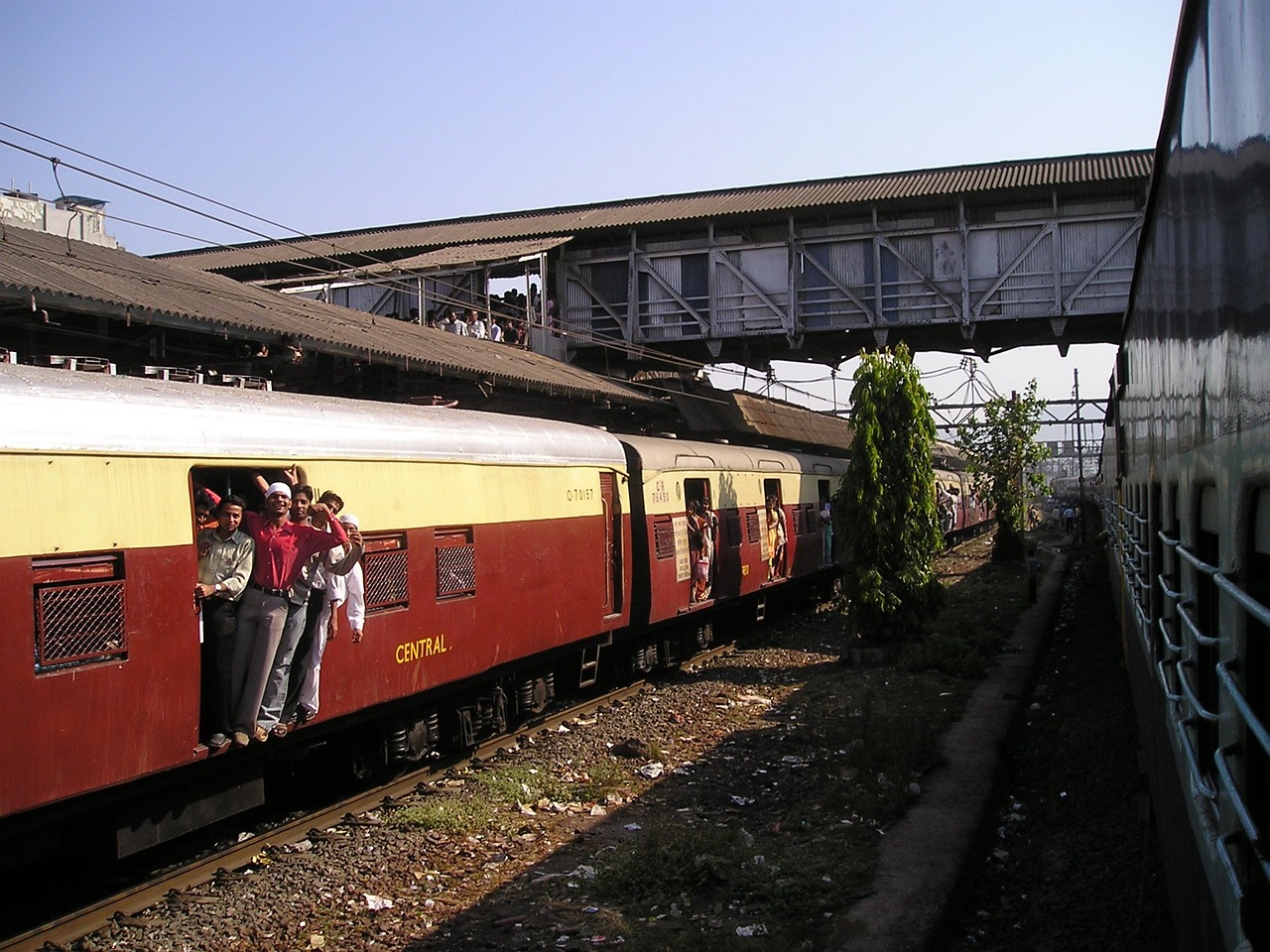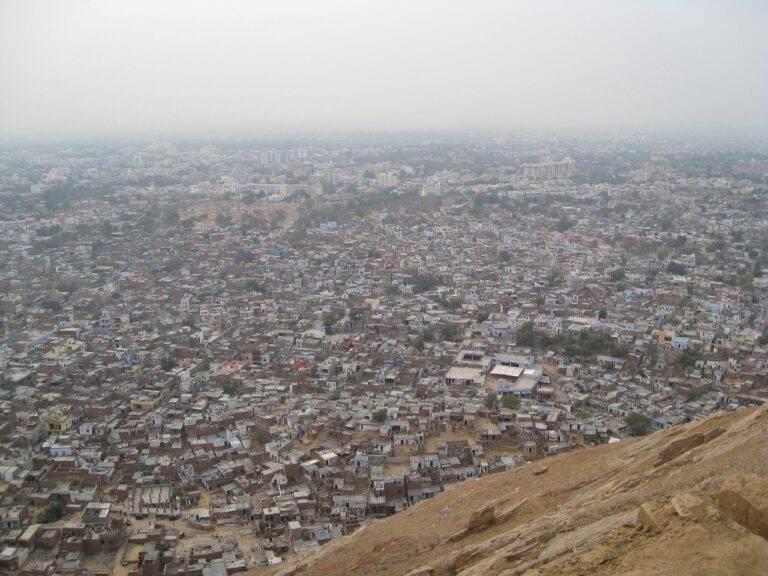The Rise of Youth Movements in Political Engagement
With the rise of youth movements around the world, there has been a noticeable shift in the political landscape. Young people are actively engaging in political discourse, advocating for change, and challenging traditional power structures. Their voices are becoming increasingly influential, shaping policy decisions and sparking important conversations on pressing issues.
One of the key driving forces behind the effectiveness of youth movements is the power of social media. Platforms like Twitter, Instagram, and TikTok have provided young activists with a powerful tool to mobilize and connect with like-minded individuals. Social media allows for the rapid spread of information, organization of protests and demonstrations, and amplification of voices that may have been previously marginalized. It has transformed the way young people engage with politics, enabling them to have a greater impact and reach a wider audience.
The Power of Social Media in Mobilizing Young Voters
With the rise of social media platforms like Instagram, Twitter, and TikTok, young voters have found a powerful tool to mobilize and organize themselves politically. The immediacy and widespread reach of these platforms allow for rapid dissemination of information, rallying support for causes, and galvanizing young people to take action.
The ability to connect with like-minded individuals from different backgrounds and locations has enabled young voters to form grassroots movements and influence political discourse like never before. With just a few taps on their smartphones, they can share important updates, educate their peers on key issues, and coordinate efforts to make their voices heard in the political arena.
How are youth movements changing the landscape of politics?
Youth movements are bringing fresh perspectives and energy to political activism, driving conversations and pushing for change on important issues.
What role does social media play in mobilizing young voters?
Social media provides a platform for young voters to connect, share information, and organize, making it easier to reach and engage with a larger audience.
Why is it important to engage young voters in the political process?
Engaging young voters ensures that their voices are heard and their concerns are addressed, helping to create a more representative and inclusive political system.
How can political candidates effectively reach out to young voters?
Political candidates can use social media platforms to reach young voters, share their platform and policies, and engage in meaningful conversations with this demographic.
What are some examples of successful youth-led movements that have made an impact on politics?
Examples include the student-led March for Our Lives movement advocating for gun control, and the climate strike movement led by young activists pushing for action on climate change.





